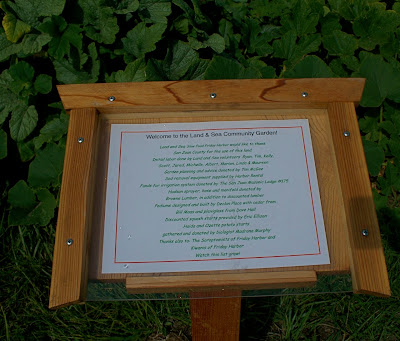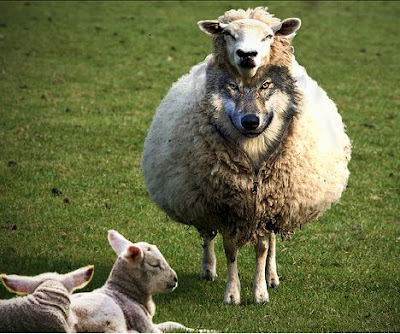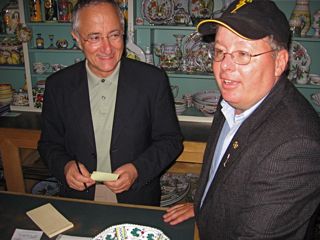
Hi Everyone!
Would you like to go on a foraging tour on our very own island, through fields, forests and to island farms, with two of our island’s best hunter and gatherer/foragers?
The tour is Friday October 8th to Sunday October 10th.
Stephanie and Anna Maria of Tucker House/Harrison House/Coho Restaurant have put this wonderful tour together with expert foragers and all around great people, our island’s own Eleanor Hartmann and Ryan Browne! Ticket price just covers the cost of putting this tour together - Tucker House/Harrison House isn’t making anything on this one, just trying to give everyone the opportunity to see what we’ve got on our islands! If you’ve heard of Ryan and Eleanor, and always wanted to meet them and hear about what they do, here’s a great opportunity to do just that! And this isn’t only delicious wild vegetation and shellfish - it’s also a trip to island farms for milk, cheese, eggs, meat, fruit, and seafood! It ends with dinner “made from the bounty”, (plus tasting of chocolates, salts, and olive oils!) We couldn’t have said it better!
It will be very very fun, and very informative.
Here are the details, and how to sign up:
Discover San Juan Island’s wild food scene with a Fall Foraging Fiesta, hosted by Harrison House Suites and Tucker House Inn. This will be an action-packed, fun-filled weekend learning about the Islands, and the sustainably-farmed products available. The fun starts on Friday, October 8th when guests will enjoy a presentation from one of the Island’s most passionate foragers. She forages on a macro level, looking for new producers of sustainable ingredients for the Island’s co-op and area restaurants.
Saturday, October 9th is dedicated to foraging on the micro-level. Participants will tromp trails and fields gathering wild mushrooms and greens; glean fruit from trees and vines; harvest mussels and clams; collect eggs; visit farms for milk and meat; help with the wine grape harvest; stop at farms producing honey, goat cheese, cider and more. There will be a break midway through to savor lunch at one of our favorite picnic spots. Back at the inn guests can mingle around a cozy fire with wine & hors d’oeuvres, and help in the kitchen while our chef cooks up the days’ bounty for dinner.
Sunday, October 10th participants will have the opportunity to do side-by-side taste tests of common everyday ingredients including salt, olive oil and chocolate.
Package price of $149 includes:
- Guest reception and presentation on Friday night
- Transportation and admission to farms, hors d’oeuvres and dinner on Saturday
- Ingredients tasting Sunday.
Stay at the Tucker House Inn or Harrison House Suite and receive a complimentary copy of their cookbook for participating in this package.
Contact Person: Anna Maria de Freitas
Phone: (360) 378-3587
Email Address: innkeeper@harrisonhousesuites.com
Website URL: HarrisonHouseSuites.com
Address: 235 “C” Street. Friday Harbor WA 98250
And to support Slow Food USA, you can join if you like for $25 until Oct. 15th. Link to join here.



















